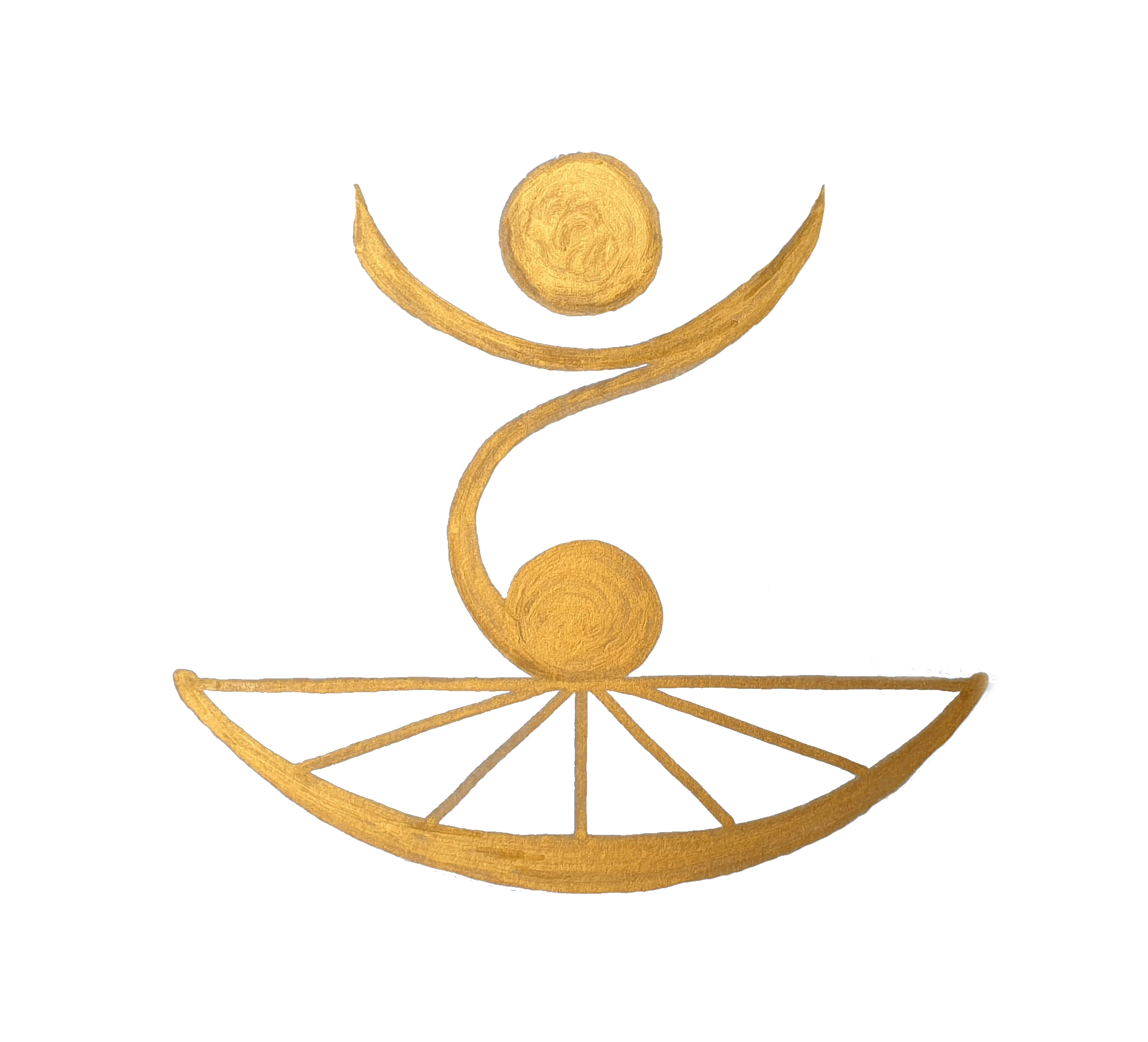Loving Kindness
In the Buddhist tradition, the term “loving-kindness” refers both to qualities of the mind and heart and to specific meditation practices that help you develop these qualities. These qualities can be very difficult to develop in any depth, yet, fostering their development is essential for spiritual maturation.
When I was first introduced to loving-kindness practice during a 10-day silent meditation retreat, my initial reaction was to walk out of the room each time these practices were taught.
I was interested in deepening my understanding of the mind, and when the teachers started discussing loving-kindness, I thought they were being sentimental. I was convinced that trying to foster
loving-kindness through repetition of certain phrases seemed silly After a few days of rebellion it occurred to me that maybe I should have some actual experience of the practices if I was going to have such animosity towards them.

So I started taking the instruction and I discovered that they had real value. The practices involve developing loving-kindness for yourself, your benefactors, those you are close to, and those for whom you have neutral feelings or even negative feelings. Some people have trouble working with individuals for whom they have negative feelings, but for me the most difficult focus of the practices
was towards myself.
Loving-kindness is a focused meditation. The purpose of the practice is to cultivate the intention to embrace all parts of yourself and to overcome-feelings of separation from yourself and from others. As these practices mature you feel a sense of warmth, good intention and deep sympathy towards yourself.
When people come to me with difficult feelings. I do not urge them to simply let go of the feelings. To do so without first being with what is arising in the moment would only add to the sense of deprivation that the person already feels. What is arising in the moment is suffering, and the first response in the
face of suffering has to be compassion. It takes so long to truly grasp that this is so, and in any given moment it can so easily be forgotten, yet compassion lies at the heart of what it means to be fully human, and allows us to be at peace in the midst of pain and turmoil.
Compassion is an energetic response, not a mental idea. It arises in the body through the breath and heart. It is what you feel when you see a small child fall and scrape a knee. Your natural response is to pick the child up, not because the holding can make the scrape go away, but because it provides a kind of
comfort that is healing to the spirit of the child. It is exactly in this energetic spirit that you hold yourself when you are fully accepting the truth of your own experiences; the task is to find the humility and the courage to open to yourself in this manner, and it is not easy.
In Buddhist teachings, a kind of mantra is often taught – “May l dwell in the open heart.” Or you can substitute words you make up yourself. Loving- kindness is the intention of goodwill towards yourself nod others. It is not about striving toward some critical amount of loving-kindness; rather it is about
building the intention and holding it as a core value.
Phillip Moffit
ReNae Monette
858-481-9017



